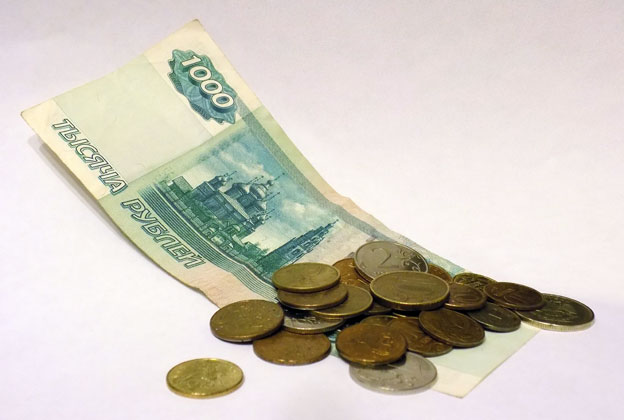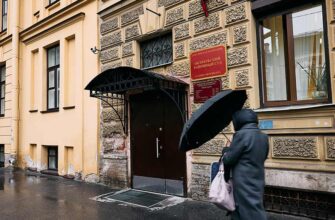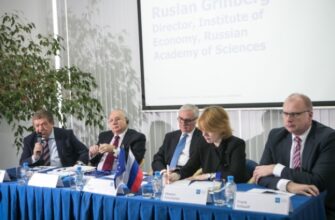The Russian government approved the draft of the federal budget for the 2017-2019. With that, the Ministry of Finance and the Ministry of economic development were tasked to clarify some provisions of the document this week.
A return to planning for a period of 3 years has become one of the main features of the budget. This fact should have a positive impact on the economy, as it will allow business to see the direction of the budget and tax policies in the medium term. It is also important to note that the government has decided to switch over to project management of the economy. Now, have the budgetary resources will be reallocated from lower priority projects to more important programs.
When creatind the budget, the government used a conservative forecast of social and economic development of the Russian Federation, taking into account a possibility of future sanctions and responses on it them. However, despite this a gradual economic recovery is expected. For instance, the Ministry of economic development expects the GDP will grow by 0.6% in 2017, by 0.9% – in 2018 and by 1.2% – in 2019. To achieve this, the government plans to provide targeted assistance to key sectors and enterprises of the real sector of economy, make the credit funds more accessible, continue the policy of import substitution and also provide assistance in promoting of the Russian goods in the foreign markets. A special reserve fund of 100 billion roubles will be also created, the funds from which will be used for the priority programs.
According to the project of the Ministry of Finance, budget revenues would reach 13.4 trillion rubles and the expenditures will totale 16.2 trillion rubles in 2017. Thus, the budget deficit will amount to 3.2% of GDP. The government describes this figure as adequate and notes that the country will cover the deficit. For this purpose all the reserve fund, a part of the national welfare fund and loans in the domestic and foreign markets will be used. In the future, the Ministry of Finance proposes a gradual decline of the budget deficit to 2.2% of GDP in 2018 and to 1.2% in 2019. These figures are planned to be achieved by freezing of the expenses at the level of 15.8 trillion rubles a year and reducing of the budget expenses by ministries by 6% in 2017, 9% – in 2018 and by 11% in 2019. In addition, the state will reduce its excessive presence in the economy.
Sources: Russian Government, Kommersant, Vedomosti





